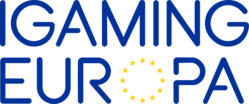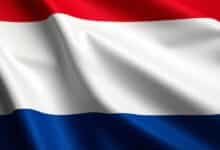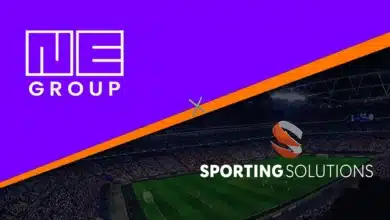
In a significant move, the Netherlands has officially legislated a complete ban on gambling sponsorships in sports, bringing an end to a lengthy two-year legislative journey aimed at curbing gambling advertising. However, the decision has sparked debate, particularly over the government’s decision to exempt state-backed lotteries, raising questions about whether the law truly aligns with its initial intent.
Effective from July 1, 2025, all Dutch sports entities—including teams, leagues, and individual athletes—will be prohibited from entering into sponsorship agreements with gambling companies. This comprehensive ban encompasses not just shirt sponsorships but also naming rights and any form of promotional partnership. It signifies the culmination of a phased approach that began with tighter restrictions introduced in 2023.
The initial phase targeted untargeted advertising, which was banned across traditional media platforms like TV, radio, and print, as well as in public spaces such as billboards and transit shelters. A year later, the scope expanded to include sponsorships tied to events and programs, paving the way for the total restrictions now in place.
Operators received ample notice. Since July 2023, gambling companies have been barred from signing new sports sponsorship deals, though existing contracts were allowed to remain temporarily. The Dutch Gambling Authority (Kansspelautoriteit, KSA) has made it clear that enforcement will be strict, promising swift action against any violations.
Just prior to the implementation of the new rules, Eurojackpot—a prominent lottery operator—secured lucrative sponsorship agreements within Dutch football. The company was announced as the main sponsor of both the KNVB Cup and the Women’s Premier League for a five-year period. Additionally, FC Twente revealed that Eurojackpot would feature on its shirts until 2030.
What fuels controversy is the fact that Eurojackpot is part of the Dutch Lottery, a government-owned entity. Since lotteries are exempt from the sponsorship ban, this exemption has drawn criticism from lawmakers and observers alike.
Read also: UK Gambling Commission Fines Fafabet Operator £170,000 Over Unfair Terms
Many legislators are questioning whether these deals are consistent with the law’s original purpose. While legally permissible, critics argue that maintaining lottery branding in sports undermines the broader goal of reducing gambling promotion. One MP described the arrangement as “highly undesirable,” emphasizing concerns over the message it conveys.
Since opening its online gambling market in 2021, the Netherlands has adopted a cautious approach, evolving from liberalization to tighter regulation. In October 2024, new consumer protection measures came into effect, including a €700 monthly deposit cap and mandatory pop-up warnings every 30 minutes during play.
Furthermore, a potential ban on online slots is on the horizon. In April, parliament backed a motion to prohibit online games “with a demonstrably very high risk,” which encompasses slots. While not yet law, this move highlights a growing political consensus in favor of more stringent controls on gambling activities. Netherlands sports gambling sponsorships ban












